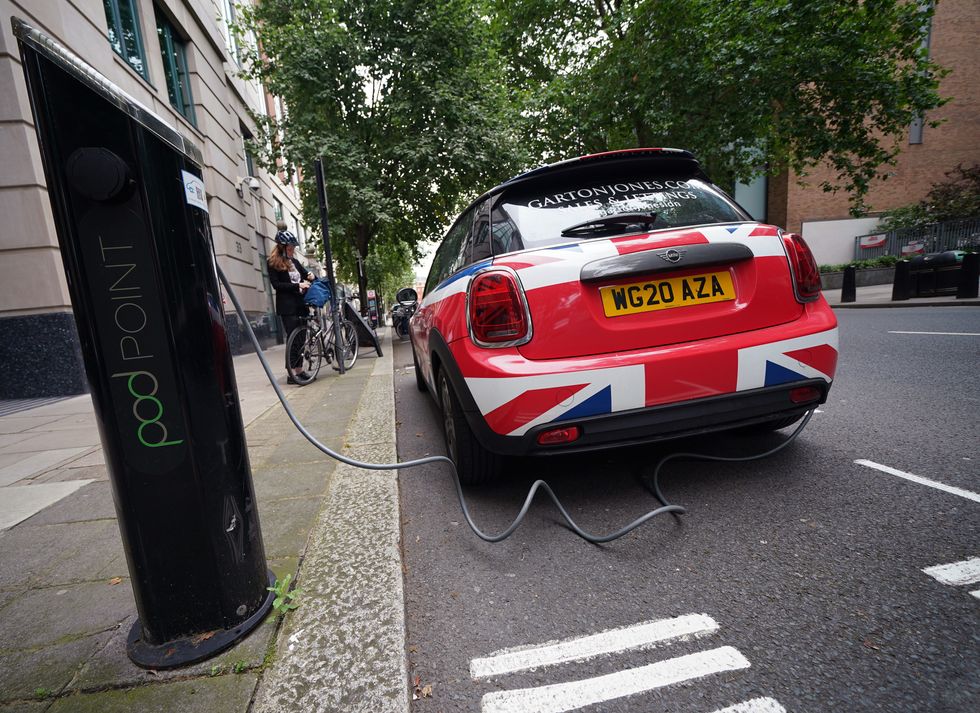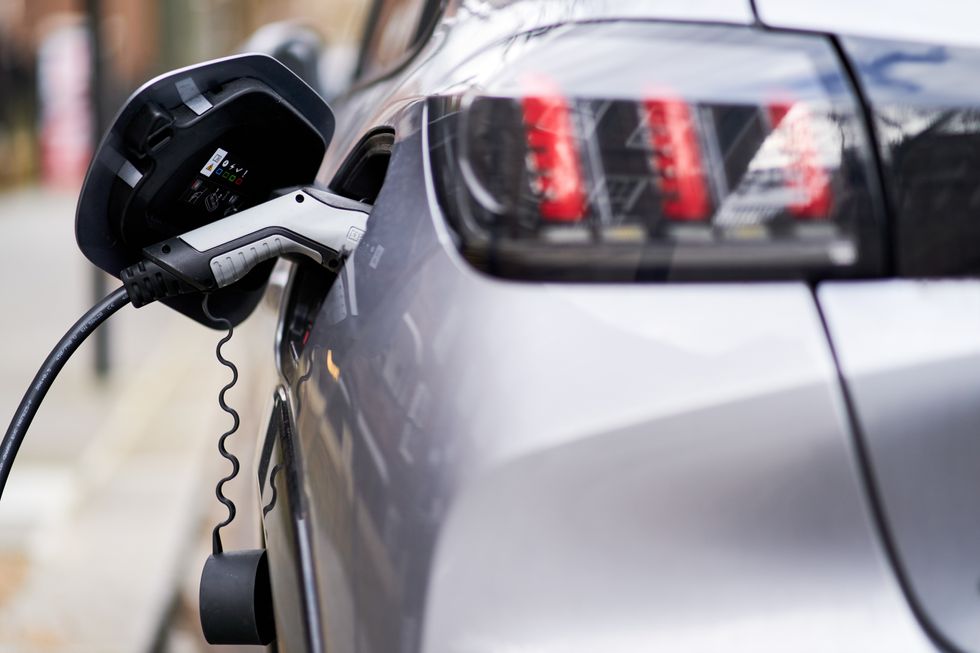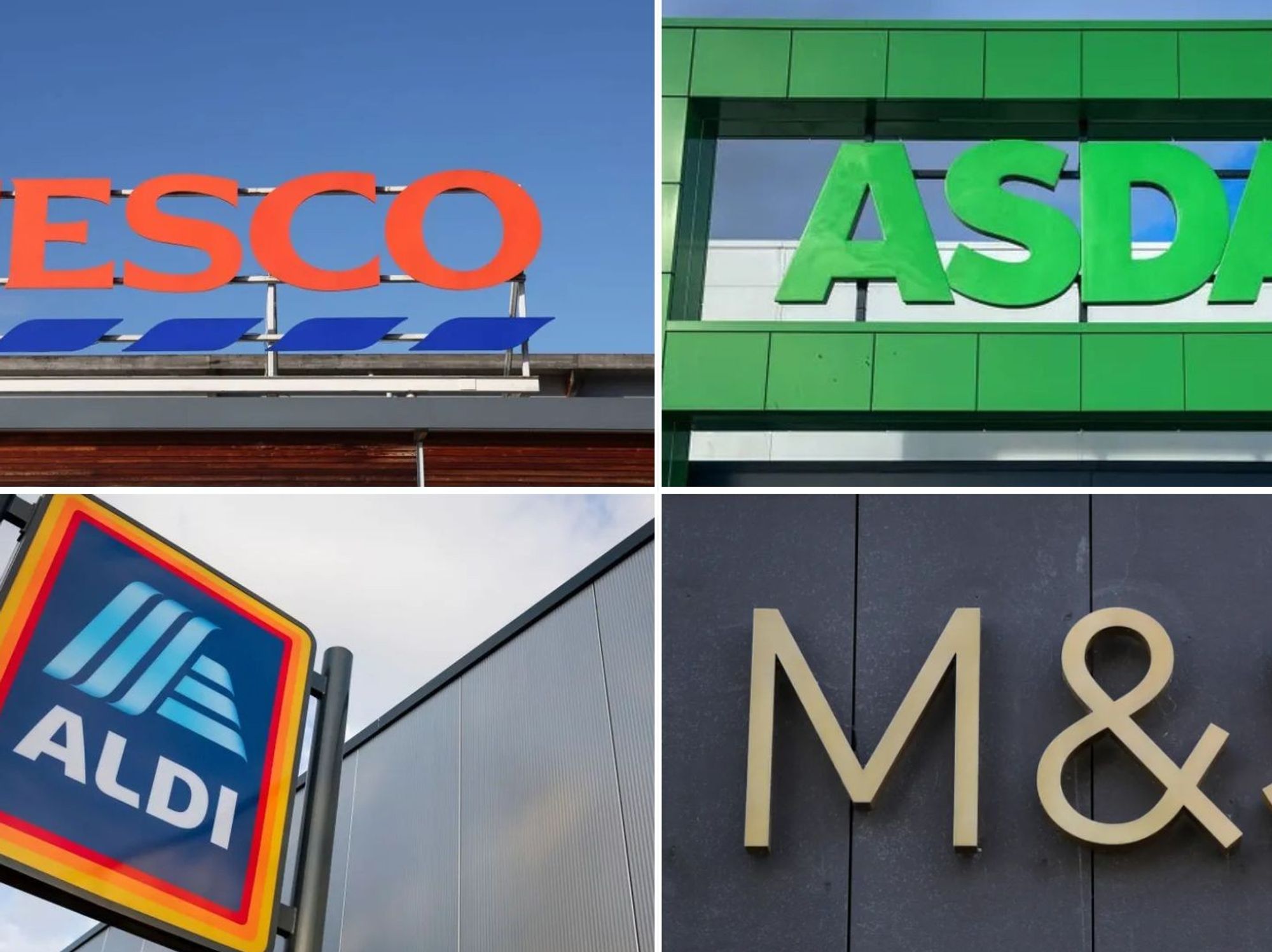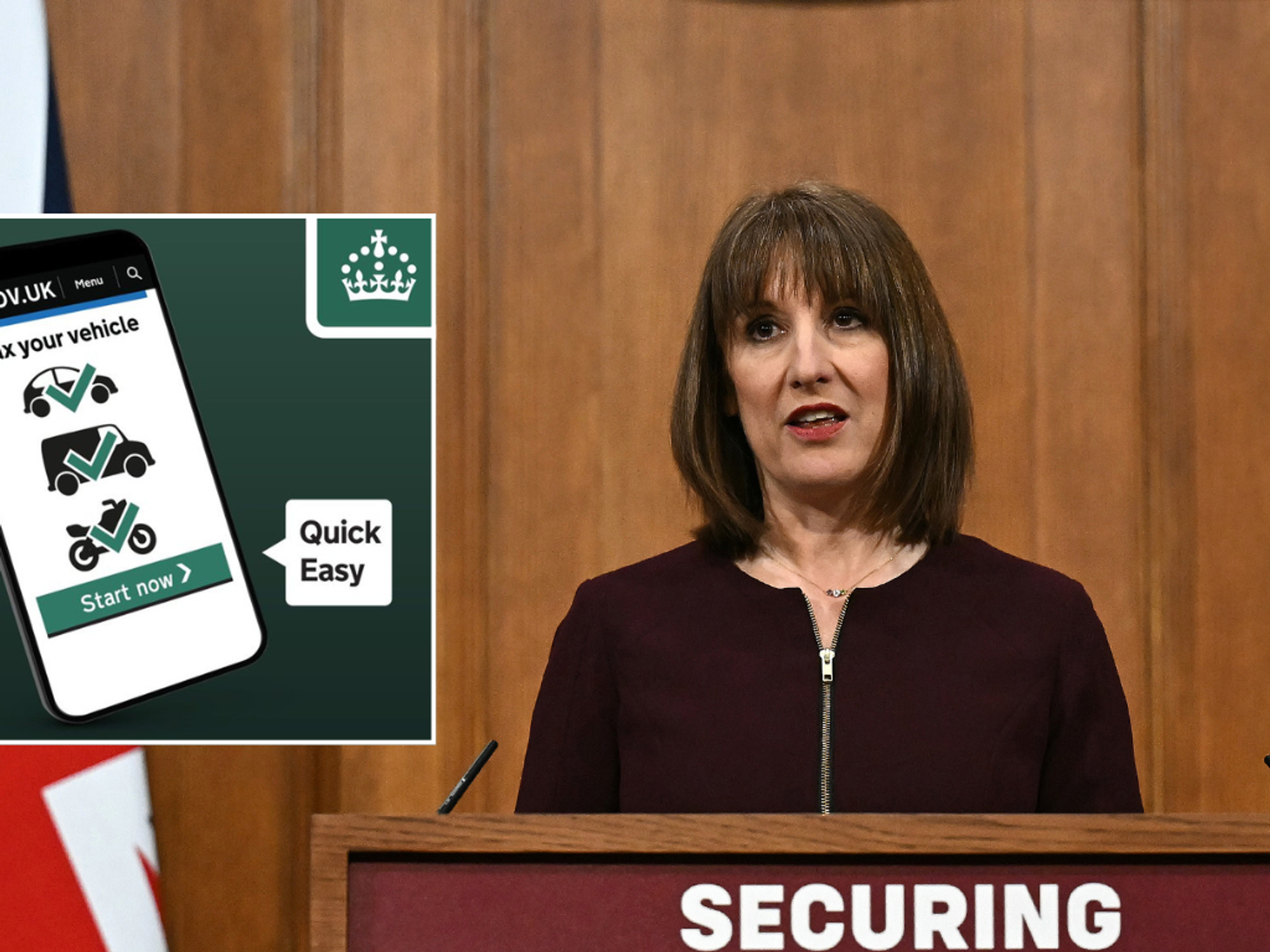The issues could impact around two-thirds of EV chargers
Don't Miss
Most Read
Trending on GB News
Electric vehicle drivers could be left behind when looking to charge their vehicles in the future as a result of patchy phone signals, a new report has warned.
As the number of electric vehicle owners grows, the Government and private businesses will need to install more public charging stations to meet demand.
However, a new report is warning that issues with mobile signals could risk “undermining” confidence in electric vehicles for those wanting to switch.
Data from the RAC Foundation found that 66 per cent of Type-2 chargers in Britain (excluding London) are in areas where at least one mobile network provider does not have functional 4G coverage.
Do you have a story you'd like to share? Get in touch by emailingmotoring@gbnews.uk

Drivers could be left stranded if they are unable to charge their vehicles
PAInside the capital, where there are thousands of EV chargers, the figure is only slightly lower at 61.3 per cent.
This has been described as incredibly concerning given that Type-2 chargers – which have speeds of up to 8kW – make up more than half of all public chargers.
The Zapmap database shows there are 35,266 “slow” chargers under 8kW, compared to 24,324 chargers of higher speeds.
The report warned that unless the big four mobile network providers – EE, O2, Three and Vodafone – provide adequate coverage at charging locations, there is a risk drivers will be left stranded.
Steve Gooding, director of the RAC Foundation, said: “Drivers of vehicles fuelled by petrol and diesel are used to reliable and hassle-free filling up at any of the 8,400 forecourts across Britain.
“The same cannot yet be said of topping up the battery of an electric car at a public chargepoint.
“Where signal connectivity at a chargepoint is a problem, drivers might conclude that the charger is at fault, hence undermining the confidence we should be building in the reliability of public charging options for electric vehicles.”
Research from the EV database also found that there are 59,590 charging devices around the UK across more than 32,000 locations at the end of March 2024.
A total of 2,300 chargers were installed last month alone, even though a handful of chargers were decommissioned and taken offline.
Gooding warned that the issue may not be addressed by the Government in the upcoming mandatory reporting system as it only applies to the rapid charging network.
He said poor connectivity for drivers looking to use Type-2 chargers “won’t get picked up” as a result of the chargers being under 8kW.
The expert called for a “better approach” to highlighting connectivity issues, allowing designers to make alternative provisions available.
LATEST DEVELOPMENTS:

There are almost 60,000 electric car chargers around the UK
PAThis could include Wi-Fi hotspots near the chargers or even installing satellite internet provisions.
A spokesperson for the Government said: “We’ve invested £1billion to increase 4G coverage and are on track to have 95 per cent of the UK covered by the end of next year.
“The number of new electric vehicles and plug-ins sold overall is higher than last year thanks £2billion Government investment and we continue to help more people to make the switch to electric through schemes such as the £381million Local Electric Vehicle (LEVI) fund, helping to rollout charging infrastructure.”









